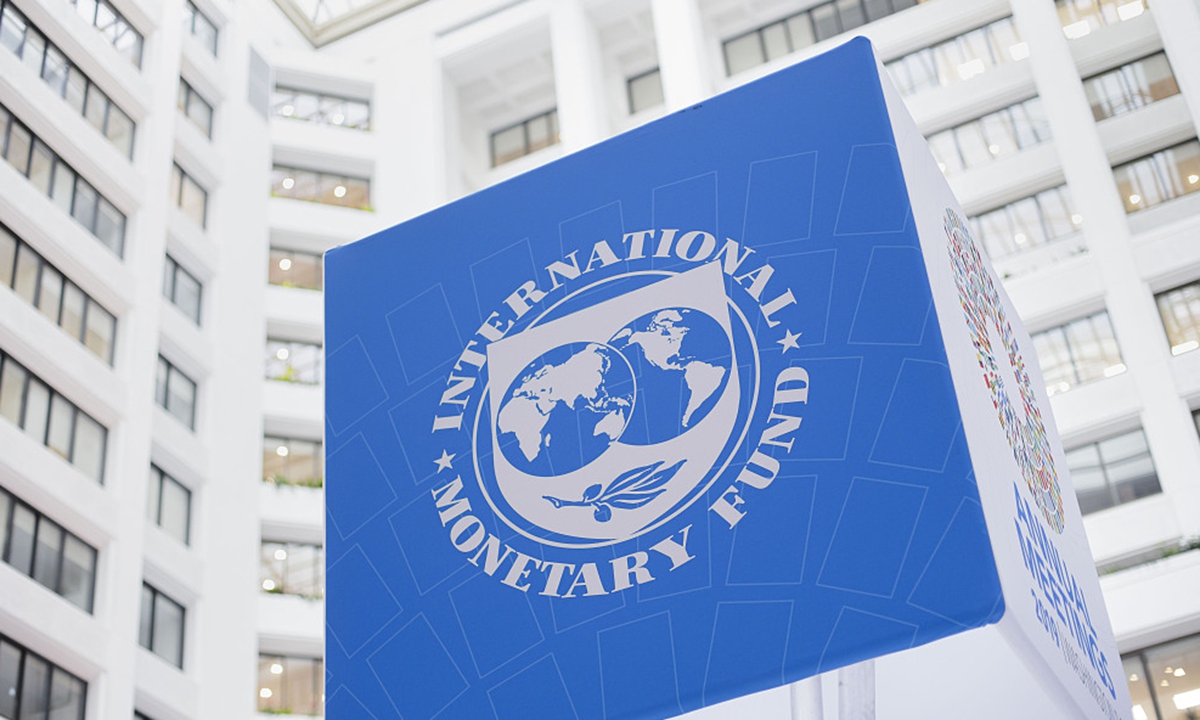BY MBONGENI NDLELA
MBABANE – The International Monetary Fund staff has reported that Inflation in Eswatini has been lower than in South Africa.
According to IMF staff, in May 2024, the difference exceeded one percentage point, some of which could be accounted for by administrative prices on utilities and staple goods.
Consumer Price Index (CPI) inflation rose to 4.4 percent y/y in June 2024 from its recent lowest point of 3.5 percent in September 2023.
The IMF staff reported that Housing, fuel, and power were the largest contributors (1.9 percentage points) while food contributed 0.9 percentage points. Core inflation ran at 3.4 percent.
This publication has established that IMF communicated its findings last Wednesday after a team led by Mr. Jaroslaw Wieczorek, IMF mission chief for Eswatini, visited the country from July 11‒24, 2024, to conduct discussions for the 2024 Article IV Consultation with Eswatini.
The preliminary findings of IMF staff will be presented to the IMF Executive Board for discussion and decision.
“Record high SACU revenues have significantly improved Eswatini fiscal position, with the deficit expected to narrow to 1.5 percent of GDP in Financial Year 24/25, but risks remain due to lower SACU receipts in the future, spending pressures, and slowing growth. Staff’s medium-term scenario projects the fiscal deficit to widen and greater expenditure restraint will be needed to cap the deficit at 3.5 percent of GDP starting in 2025/26 to stabilize public debt at around 40 percent of GDP, as is the government’s intention. The fiscal stance is broadly appropriate, but some key expenditure areas need attention. The public sector hiring freeze should end, accompanied by a rationalization of the public sector to increase productivity and adequately staff key positions, especially in statistics and delivery of social services. Spending on health and education is critical, but proper spending controls and increased efficiency must accompany additional funding to these areas,” stated IMF staff report.
It continued: “On the positive side, digitalization efforts underway in the government accounting systems are important steps for improving public financial management, while work on a well-defined medium-term fiscal framework is advanced. Ensuring the new systems are in line with international standards for chart of accounts and Government Financial Statistics is a priority. Fiscal financing is a concern as shortfalls in net issuance of treasury bills and bonds are contributing to cash management challenges and domestic payment arrears. In May 2024, the government raised 400 million rand on the Johannesburg Stock Exchange, and further financing is needed, although costly in the current high interest rate environment,”




